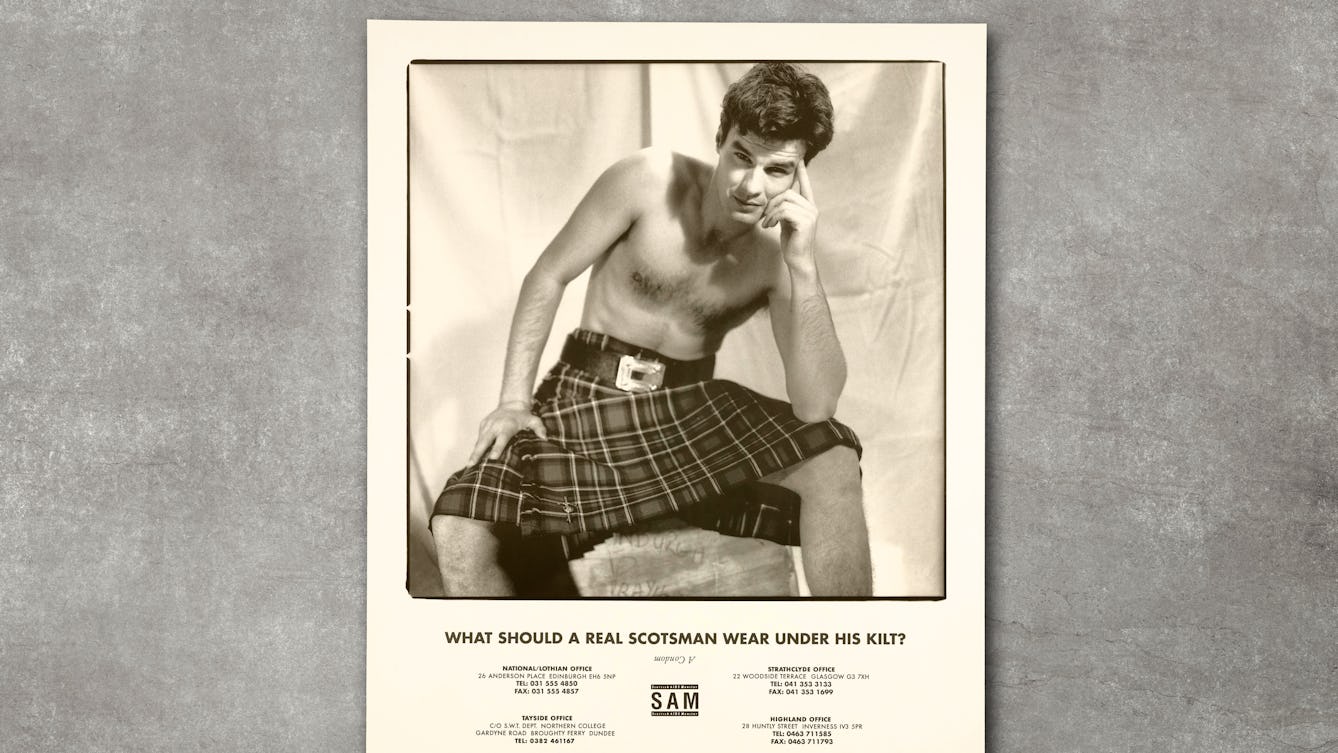
- In pictures
- In pictures
Telling Scotland about AIDS
Find out how activists and organisations working on AIDS information campaigns in 1980s Scotland used cartoons, kilts, and candid language to convey their message.

- Article
- Article
Talent, tech and visual art
Jamie Hale finds a combination of talent and technology are crucial when it comes to creating great visual art, but how do you keep working when your circumstances are in constant flux?
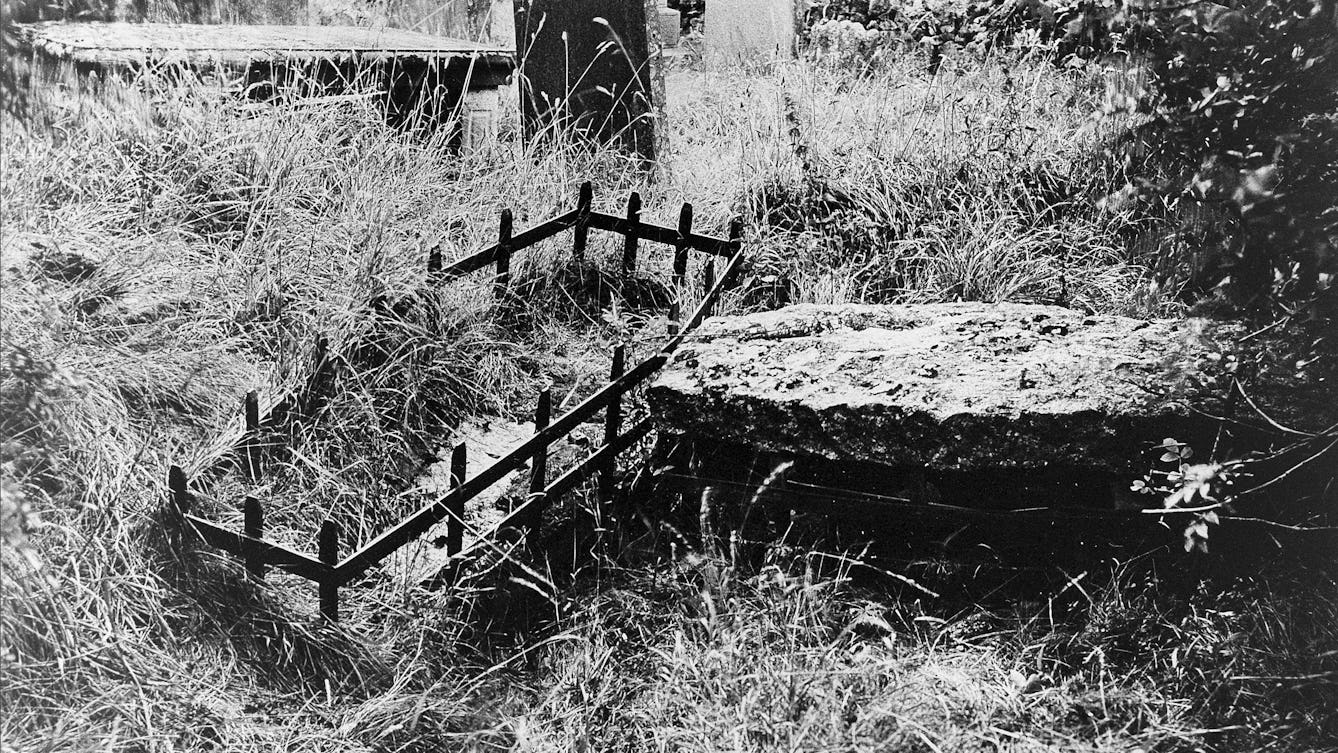
- Article
- Article
Beating the bodysnatchers
When a rise in grave robbing called for strong measures, mortsafes became the unassailable solution. Allison C. Meier explores.

- Article
- Article
Surviving a flesh-eating disease
Nearly dying from a skin infection gave Scott Neill a chance to start again after an early life marked by grief and depression.
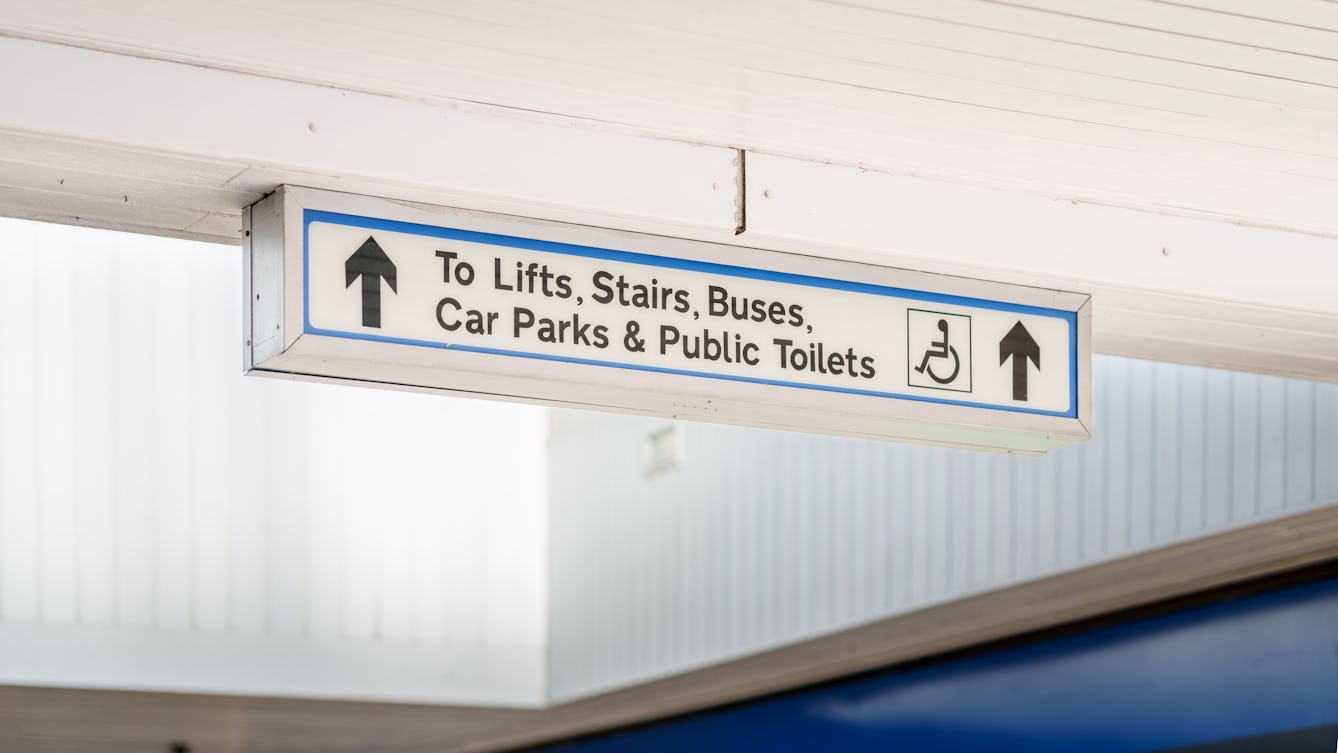
- Article
- Article
Taking the piss
Council cuts have created public-toilet deserts across the UK, limiting journeys and days out for people whose medical conditions mean toilet access is essential. Campaigner Kevin Crowe highlights the issues.
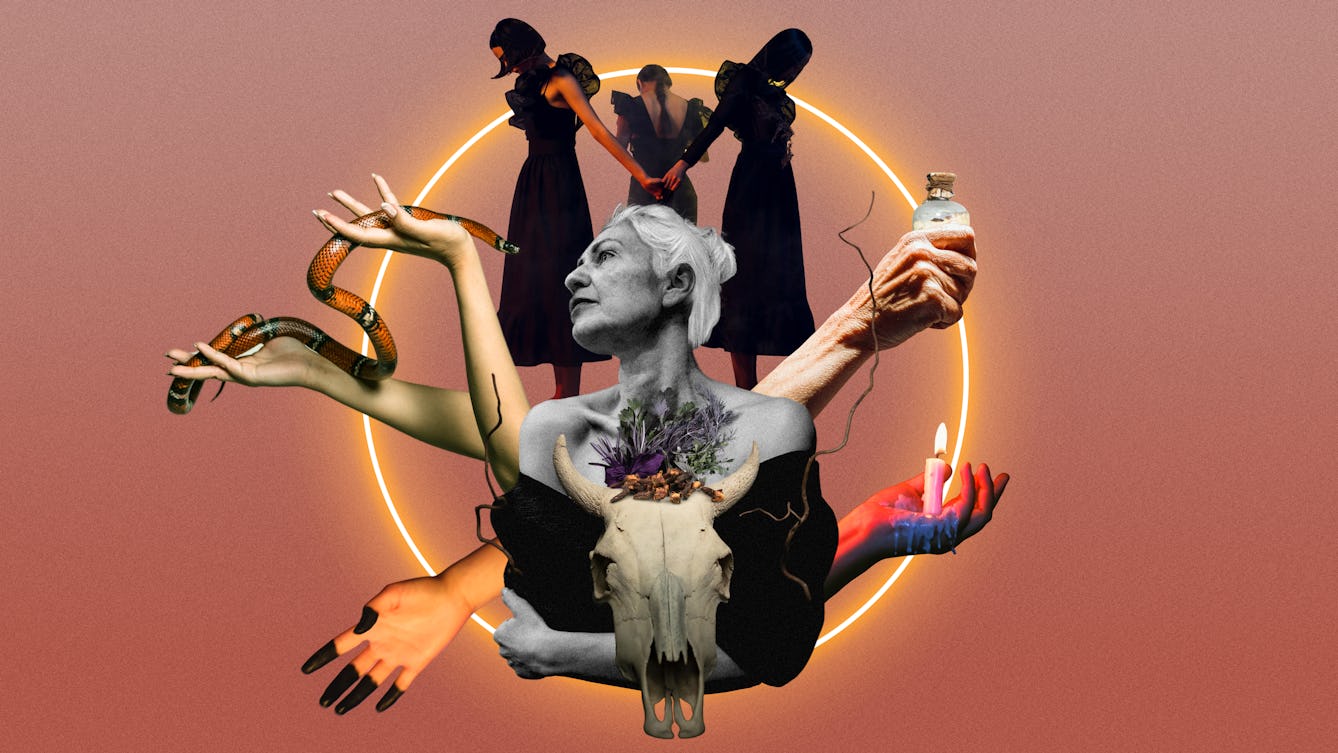
- Article
- Article
Witches
Many of the women persecuted as witches in the 16th-century “witch craze” were over 50 and exhibited signs of menopause. Helen Foster suggests that the stigma of the wicked witch still affects older women and how they deal with menopause.

- Article
- Article
Life before assistive technology
When an inherited condition caused Alex Lee’s vision to deteriorate, he began to discover the technologies that would help him navigate the world around him. Here he describes how his life began to change.
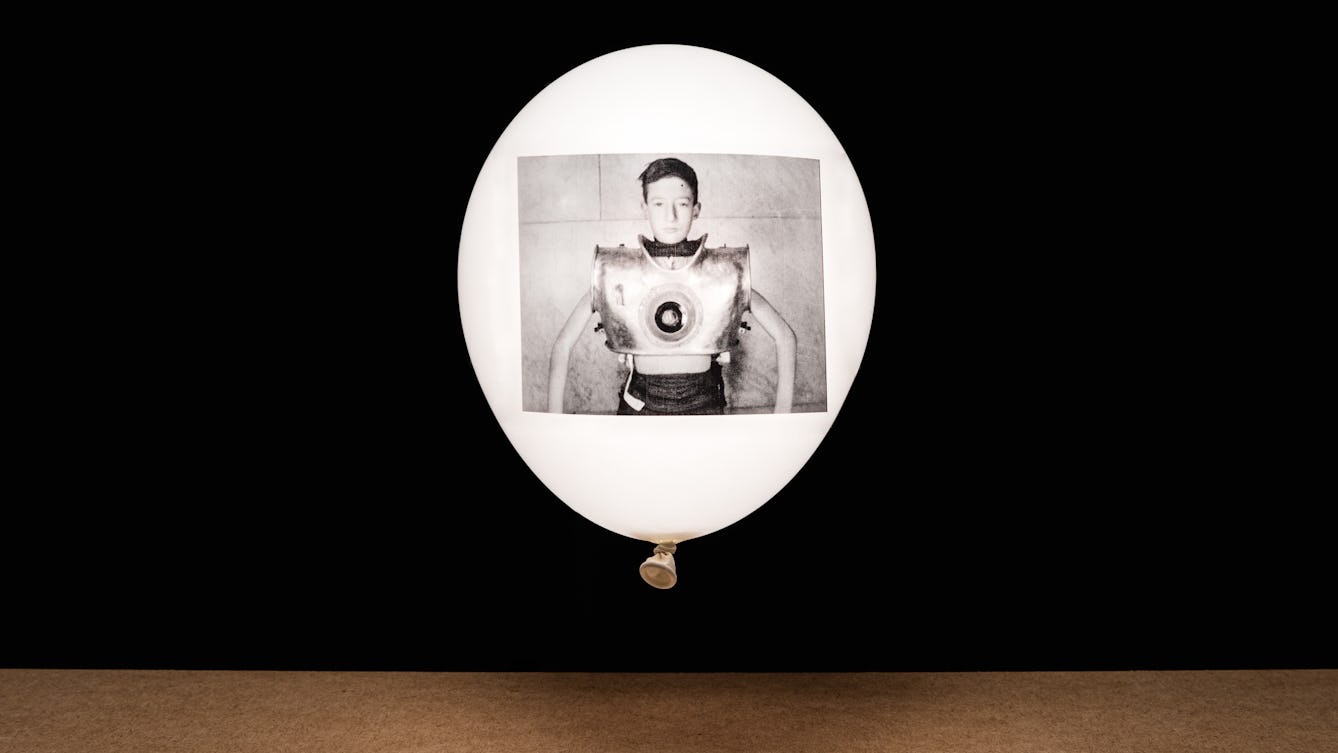
- Article
- Article
A brief history of ventilation
As ventilators continue to play an important part in helping very ill coronavirus patients, medical historian Dr Lindsey Fitzharris traces their development from the first attempts at mouth-to-mouth resuscitation through centuries of medical crises.

- Article
- Article
Bloody capitalism and the cash flow of the menstrual cycle
Once they thrived on taboos and shame. Now period-product manufacturers are finding new ways to flourish in this era of period activism – but products aren’t the end of the story.
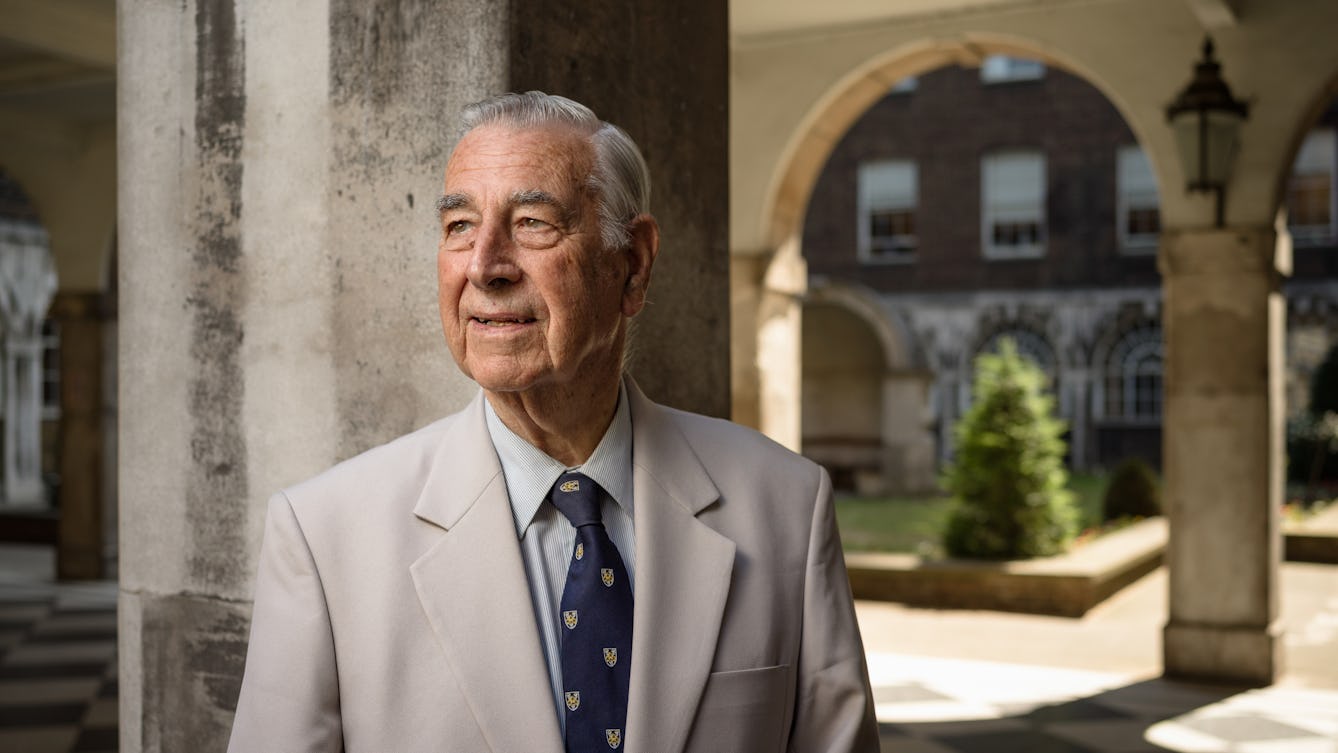
- Article
- Article
Fees, funding and the NHS
In the 1950s, dramatic political battles over NHS charges brought down a government. But public confidence in the service still grew.

- Article
- Article
John Walter on ‘Alien Sex Club’
I’m a painter, but I make worlds.

- Article
- Article
The pill, autism and me
Realising that her contraceptive was having a negative effect on her mental health, Catriona Reid saw her concerns dismissed by doctors. As an autistic woman on the pill, she was not an anomaly, but has often been made to feel like one.
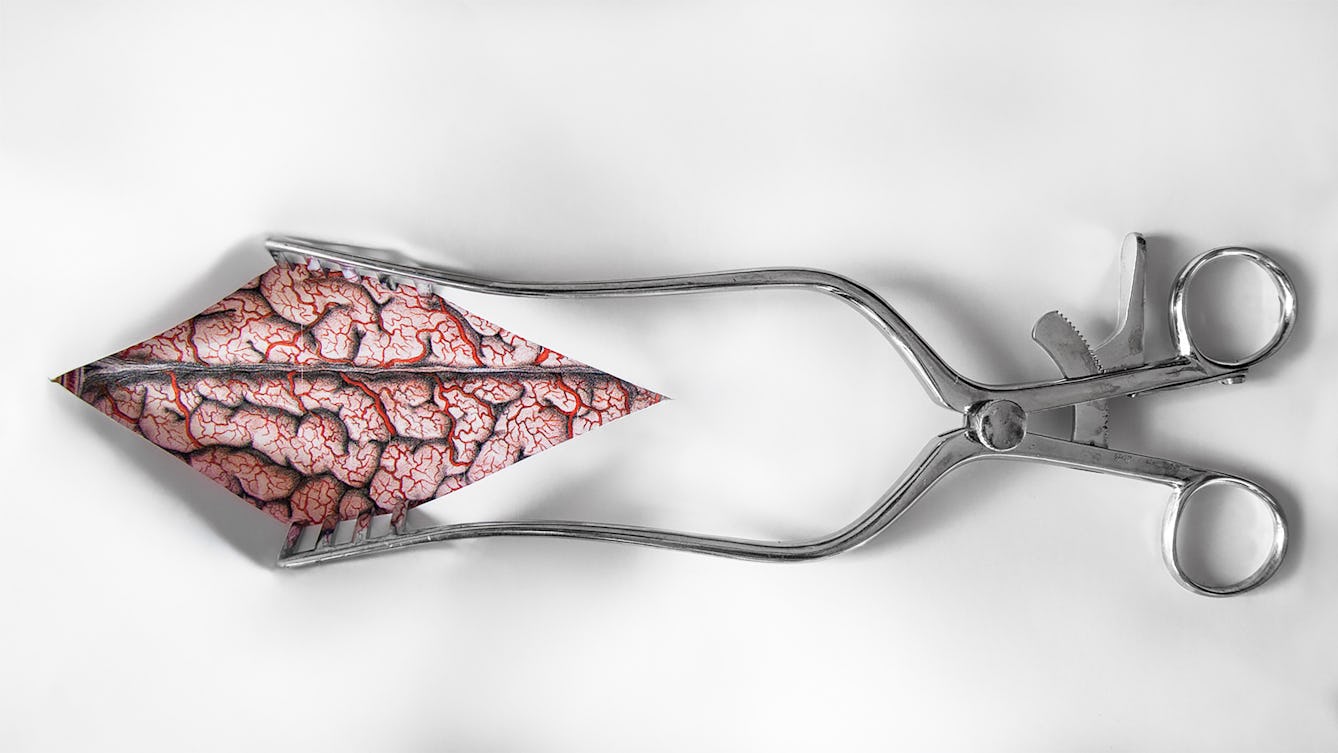
- Article
- Article
The mystery of the malignant brain
In 1884 a neurologist successfully used a patient’s symptoms, plus a new kind of map, to locate a brain tumour. Discover how his best-laid plans for treatment worked out.
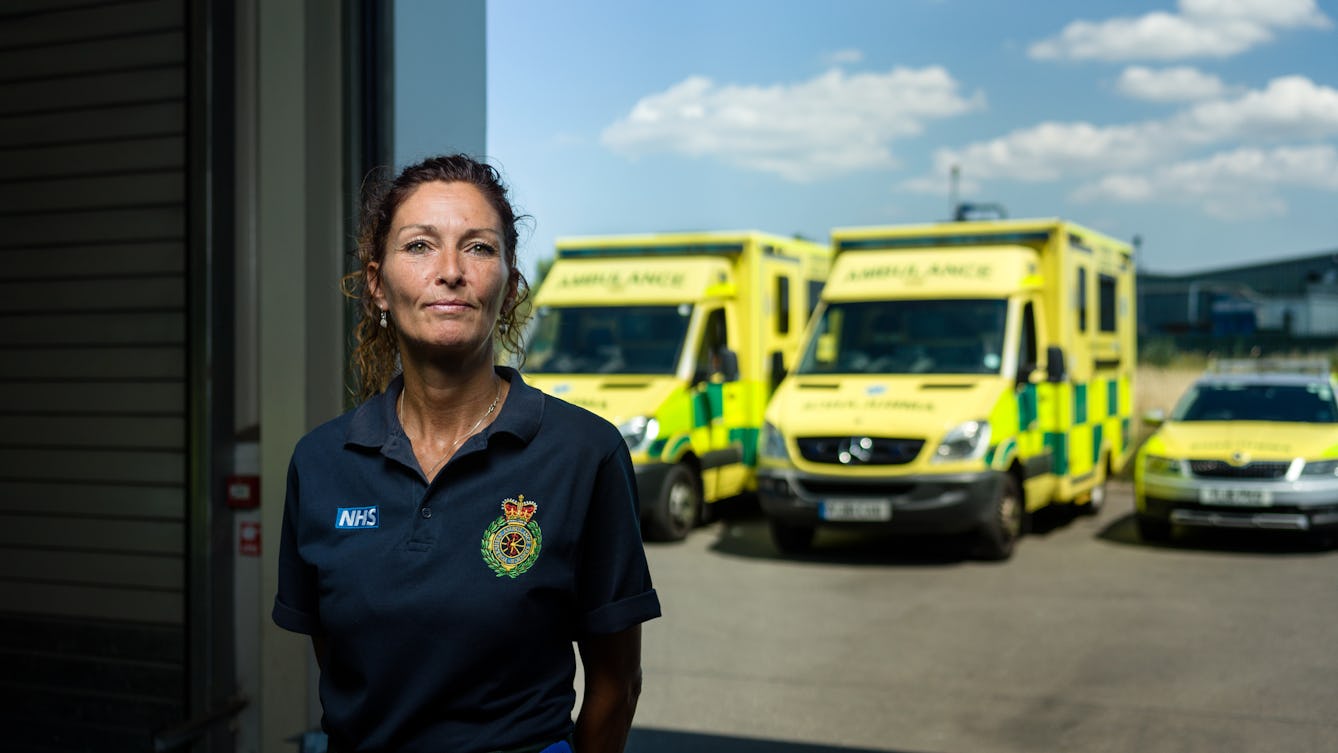
- Article
- Article
NHS Blue: the colour of universal healthcare
The 1980s and 1990s saw ideas from the world of business infiltrating the NHS, including the introduction of an internal market, followed by a corporate branding exercise.
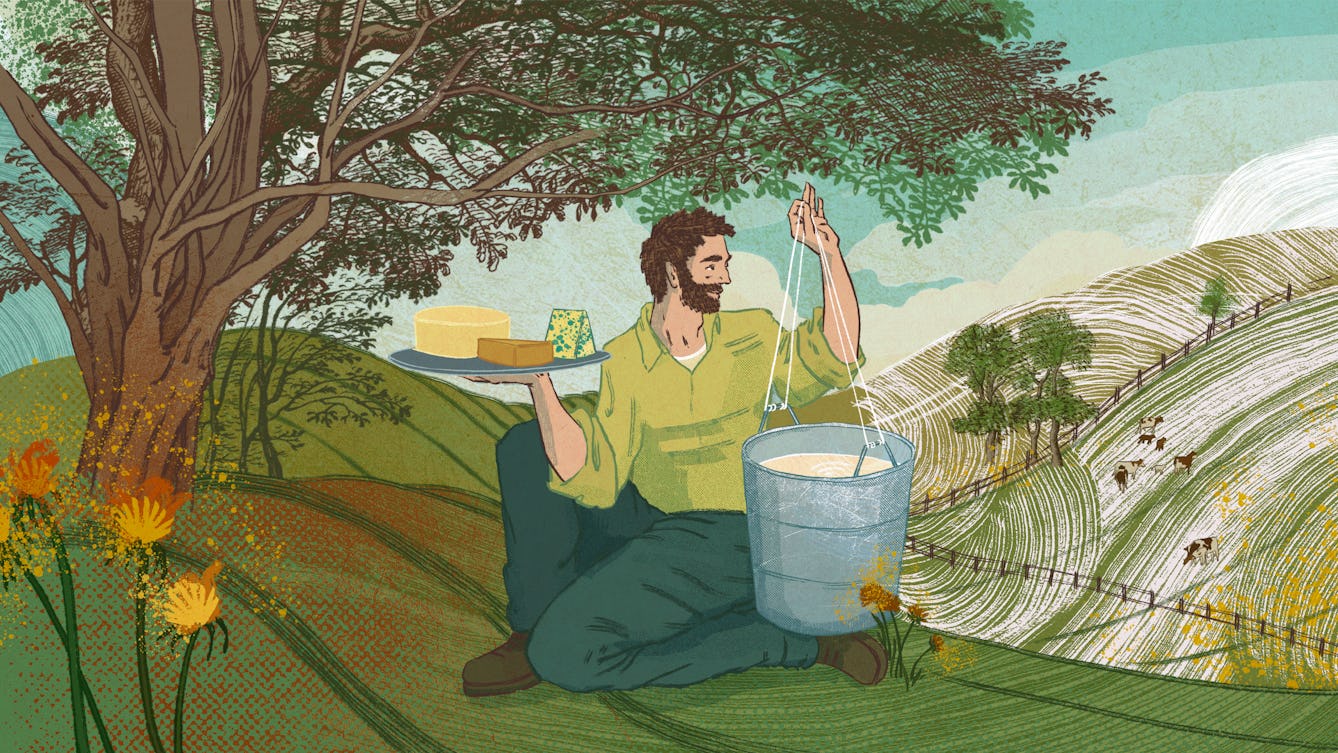
- Article
- Article
Soil health and dairy farming in the UK
Although healthy soil means more nutritious dairy products, modern intensive farming methods pollute and degrade the environment. However, a regenerative agriculture movement is kicking back against mainstream industrial farming.
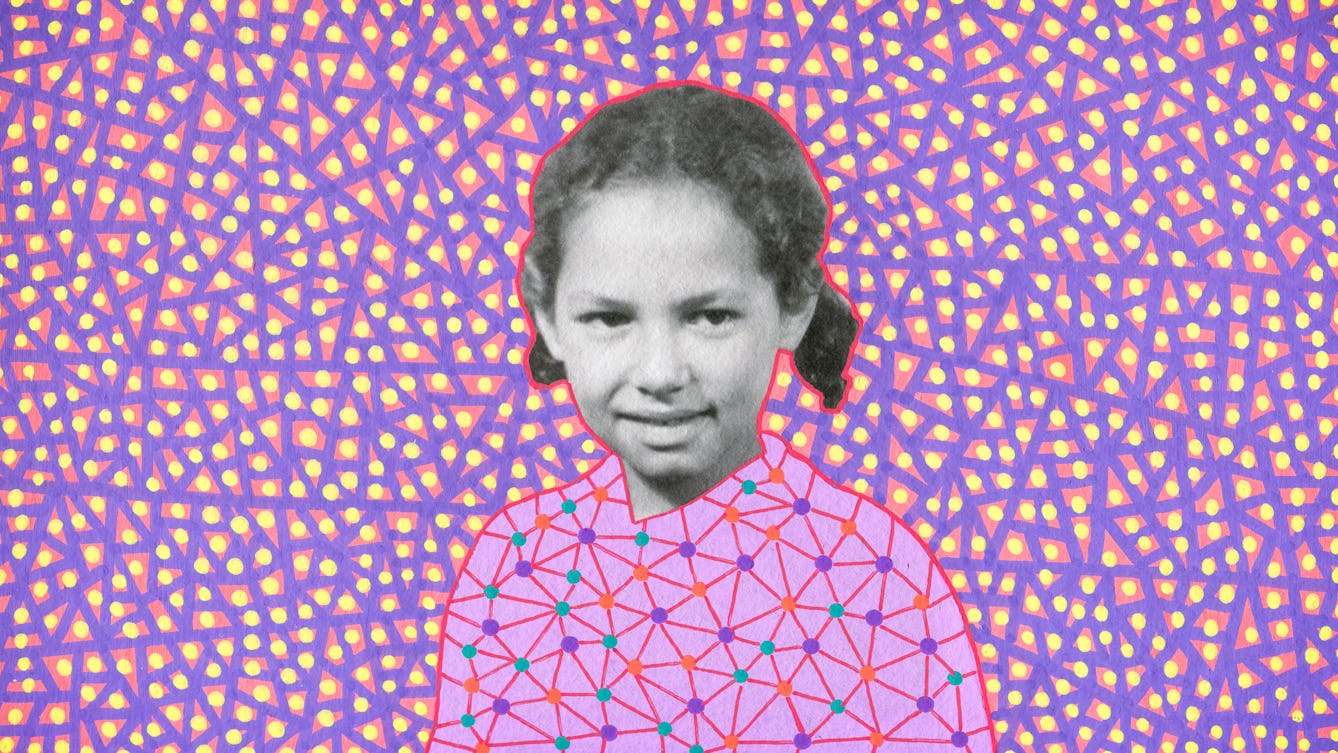
- Article
- Article
When you don’t belong, you drink
In the third part of her exploration of belonging, Tanya Perdikou unpicks the addictions that have shaped her past and uncovers the connections that make recovery possible.

- Article
- Article
The building as tool of healing
When we’re ill, it’s not just medical care that helps to treat us. Architects have discovered that the right environment can play an important part too.

- Article
- Article
The birth of Britain's National Health Service
Starkly unequal access to healthcare gave rise to Nye Bevan’s creation of a truly national health service.
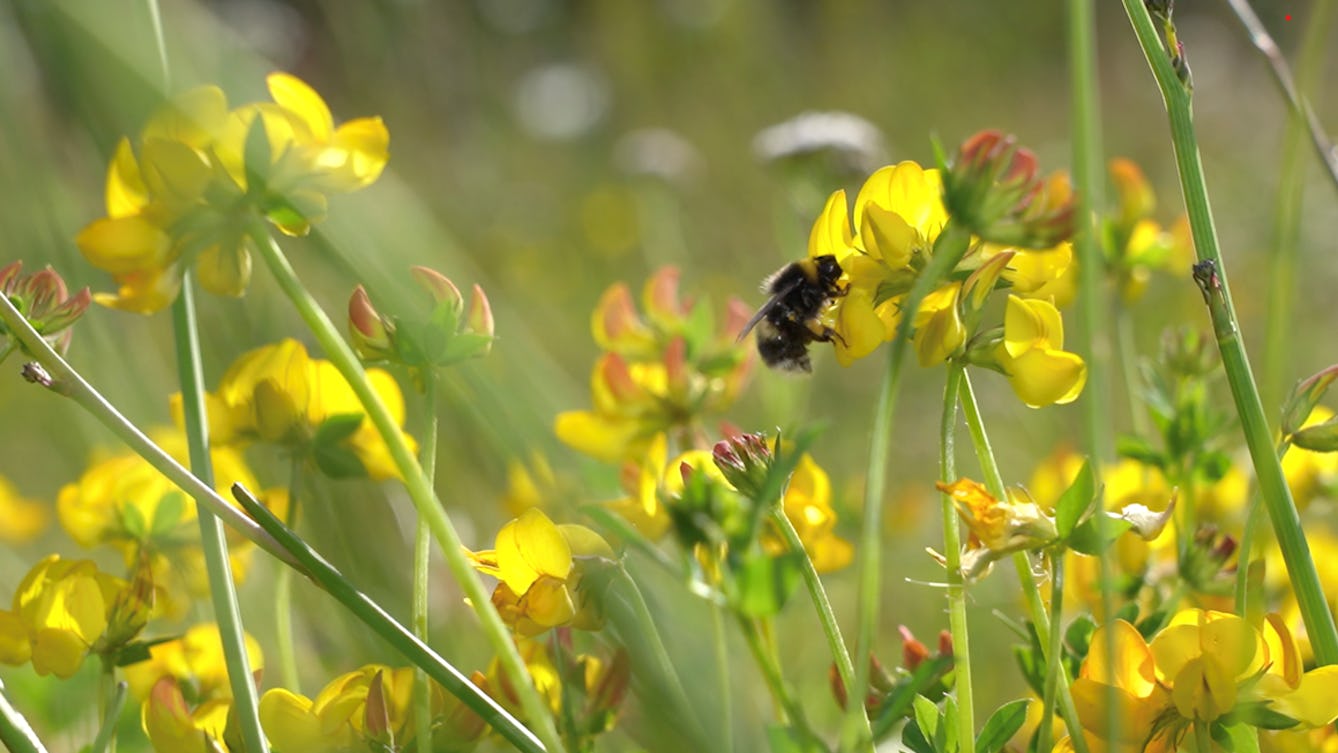
- Book extract
- Book extract
What the wind can bring
In this extract from ‘This Book is a Plant’, Amanda Thomson shares a newfound fascination with flowers, and reveals why our relationship with plants can also be complicated.
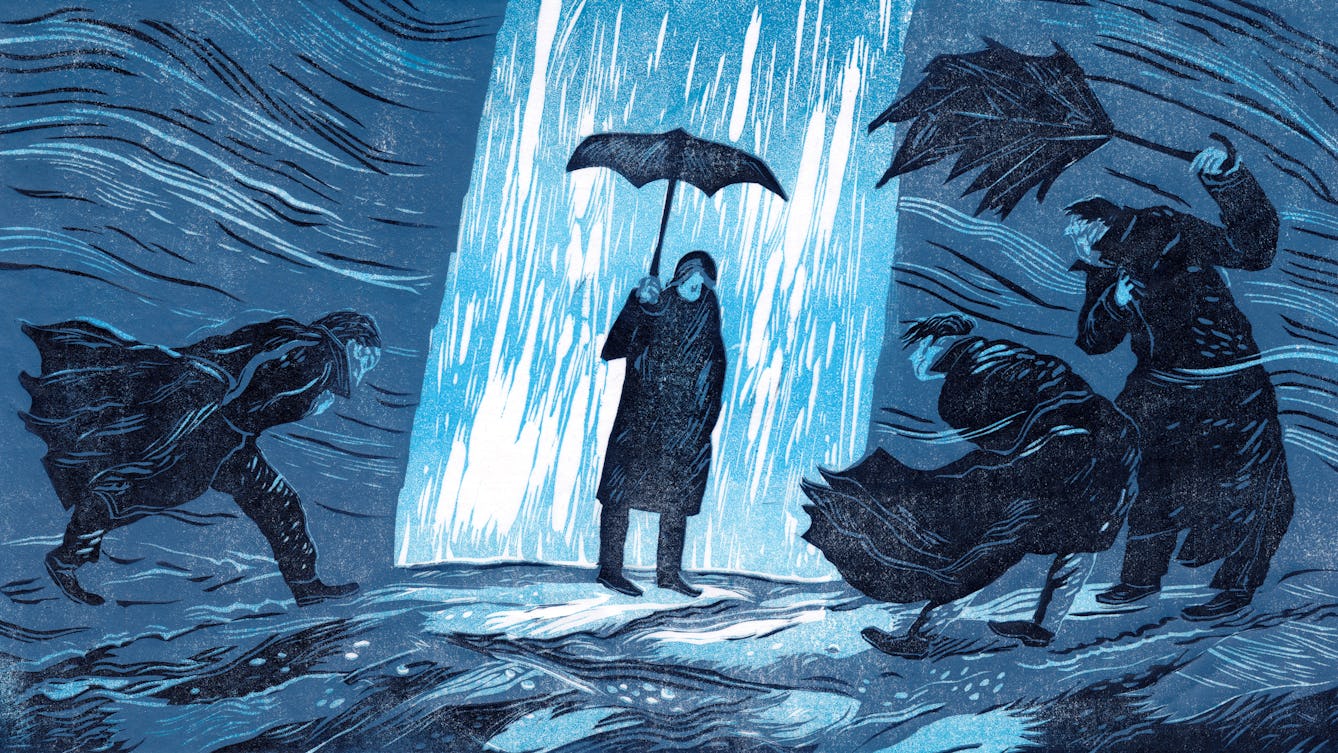
- Article
- Article
Finding the words to talk about emptiness
Shored up by a diagnosis and medication, Cassie Doney tried to find out more about the profound feeling of emptiness they were experiencing. But research is thin on the ground.

- Article
- Article
Chasing spring
Isabella Kaminski reflects on a transformative journey that saw her cycle the length of the UK, tracking the first signs of spring. She explores what the changing seasons can tell us about ourselves and the climate crisis.
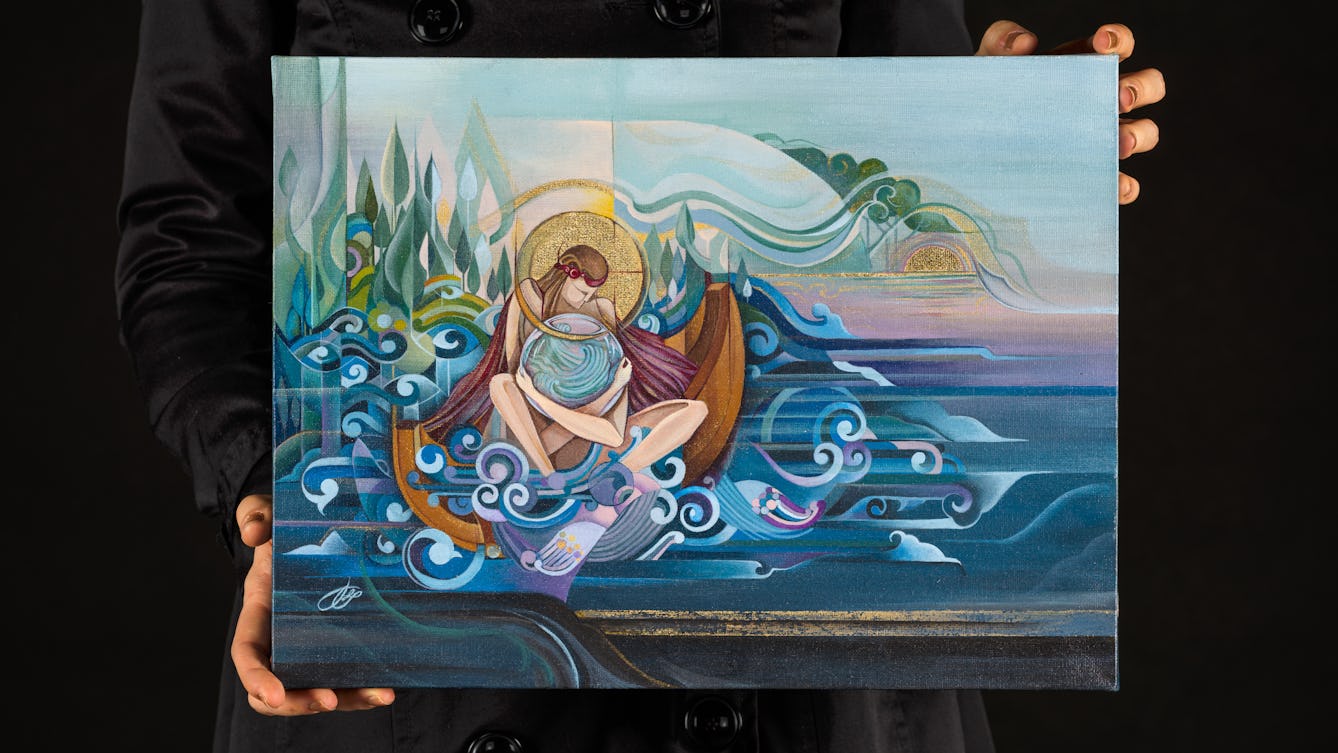
- Article
- Article
Social isolation and the search for sanctuary
Threatened with deportation, Furaha Asani turned to her church for support. Met with silence and disinterest, she walked away, but argues that churches should do much more for migrants.

- Article
- Article
Guerrilla public health
From safe-use guides to needle exchange schemes, Harry Shapiro reflects on 40 years of drug harm reduction in the UK.
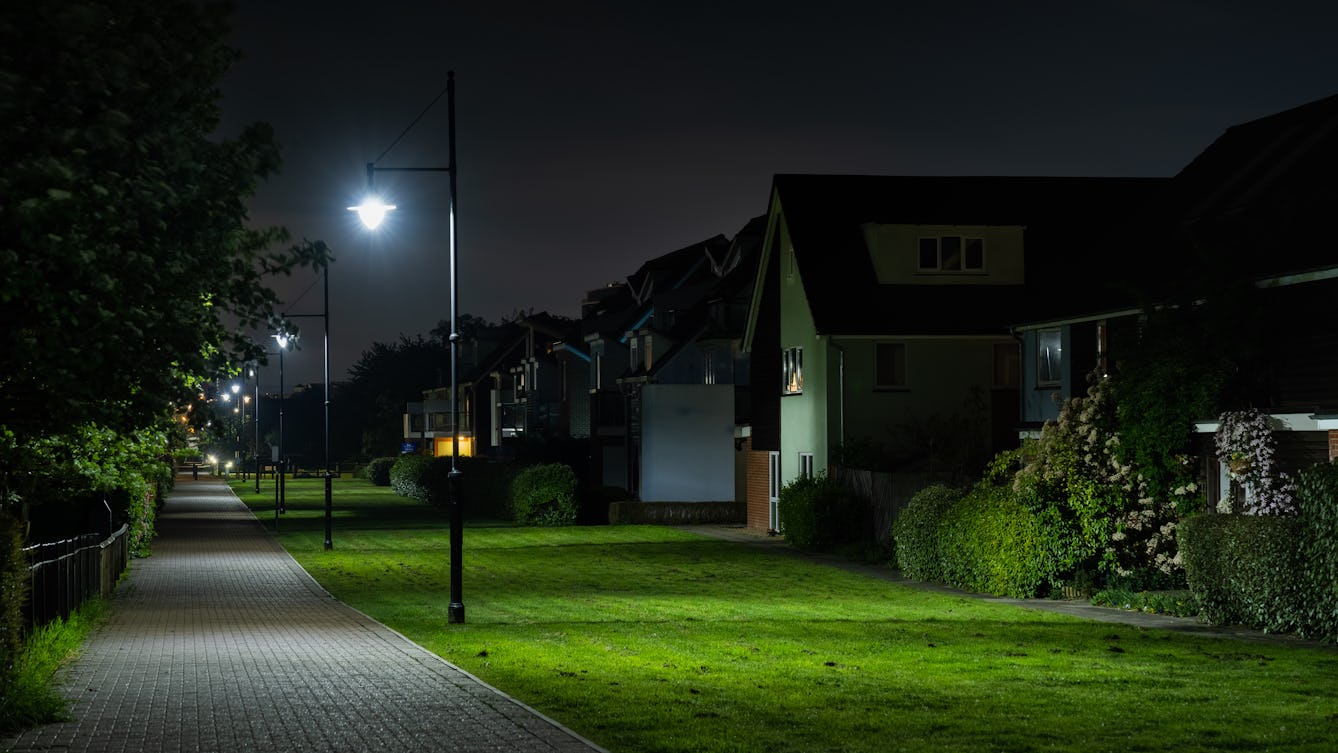
- Long read
- Long read
Our complicated love affair with light
Sunlight is essential, but our relationship with artificial light is less clear cut. It expands what’s possible; it also obscures and polices. In this long read, Lauren Collee pits light against night, and reveals the shady places in between.